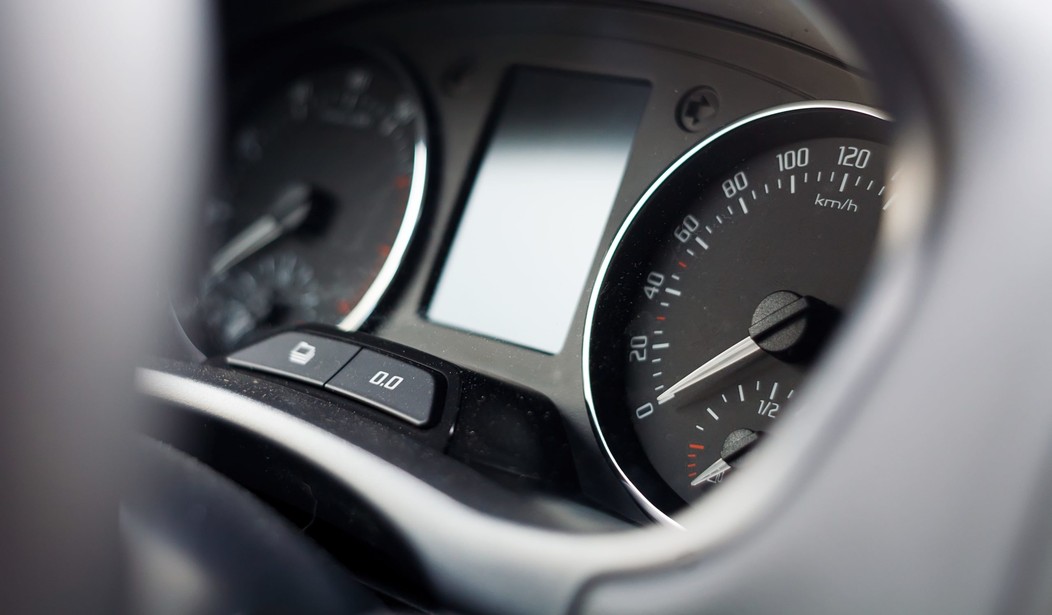Americans love their cars. The United States has one of the highest car ownership rates per capita in the world. We’re a mobile culture and we like it that way. But a tax-per-mile plan being pushed by Republican Rep. Sam Graves of Missouri might have drivers re-thinking those weekend joyrides instead of feeling all the pain at the pump.
The Miami Herald reports: “While exact plans for such a tax remain vague, the fees could be calculated based on odometer checks, GPS devices, cellular technology or radio-frequency identification devices that would track how far a vehicle travels and charge drivers accordingly.”
This isn’t a unique idea. A pilot program in Colorado had 150 participants from 27 counties choose how they would report their mileage, and compared it to what they paid through the current 18.4-cent per gallon gas tax.
Michael Lewis, executive director of the Colorado Department of Transportation, stated: “Participants reported high satisfaction with all aspects of the pilot program and 91 percent said they would participate in a future pilot.”
If the tax is lower than the per-gallon tax, then this could be a nice idea. The problem, however, is with the methods for determining how much is owed.
With the exception of odometer checks — and successfully tampering with an odometer is not rocket science, despite what you learned from Ferris Bueller — all of the methods considered involve allowing the government to know where your car is at all times. It’s not hard to imagine this data being immediately exploited by intelligence agencies, the IRS, private hackers, private investigators, foreign entities, stalkers — you name it.
We’ve seen too many data breaches — along with, you know, a history-making FISA wiretapping scandal — in recent years to believe the information would be secure. The last thing we need is more personal data being collected by a government agency.
As for odometer checks, they also present a manpower problem. How much labor does it take to visually check the odometers in some 300,000,000 cars? That will drive the cost of implementing the tax up, making it necessary to tax at a higher rate.
The other alternative is to have people report for themselves. I don’t think I need to explain the problems with this one, unless you are the only person in America who voluntarily stays under the 55 MPH speed limit when no police are around.
Here’s a better thought. Maybe the government should stop wasting so much money on things that don’t fall under the constitutional authority of the federal or state governments. We might find we don’t even need a special tax to fund the country’s vital transportation infrastructure.
It’s a radical thought, I know.









Join the conversation as a VIP Member